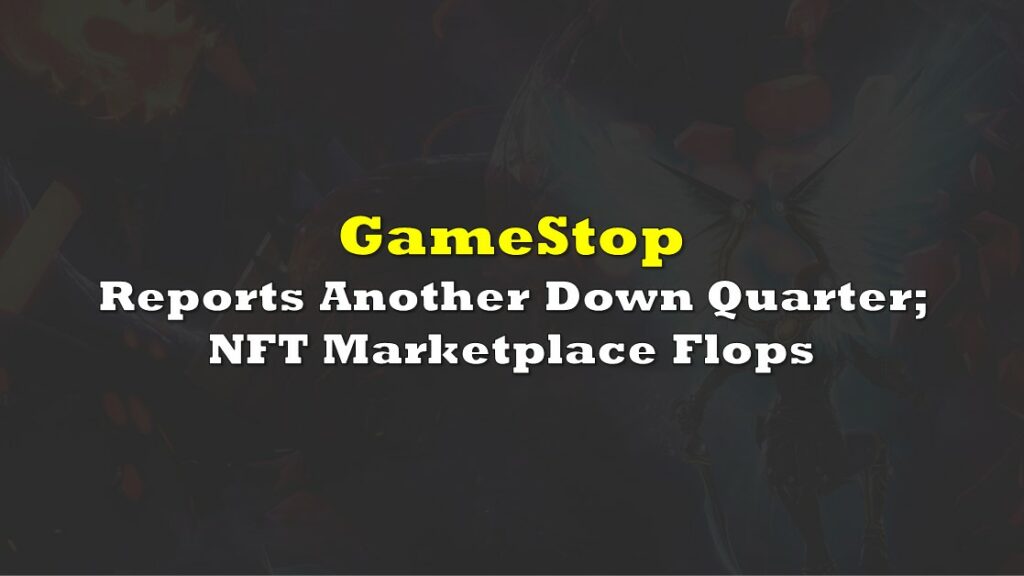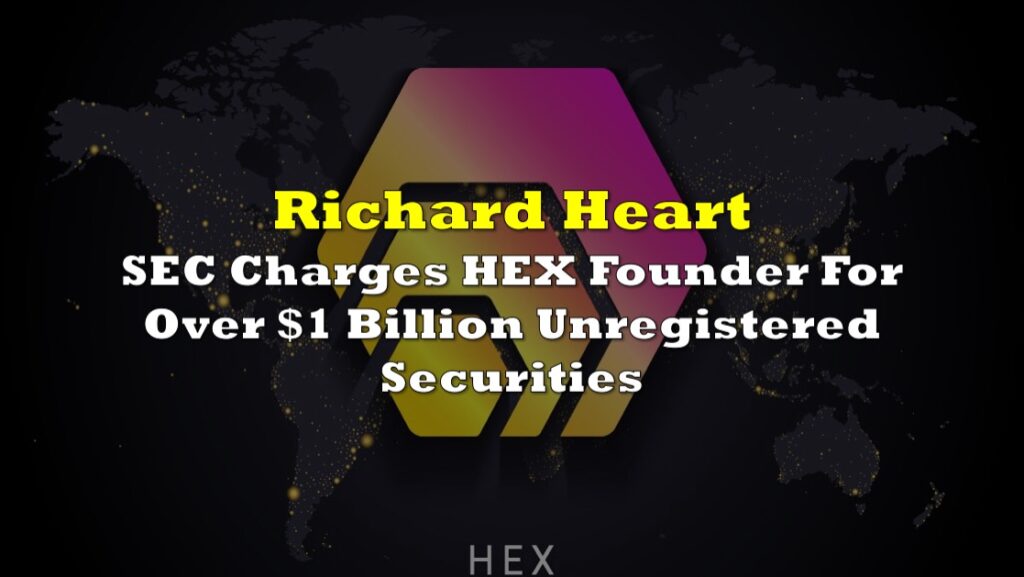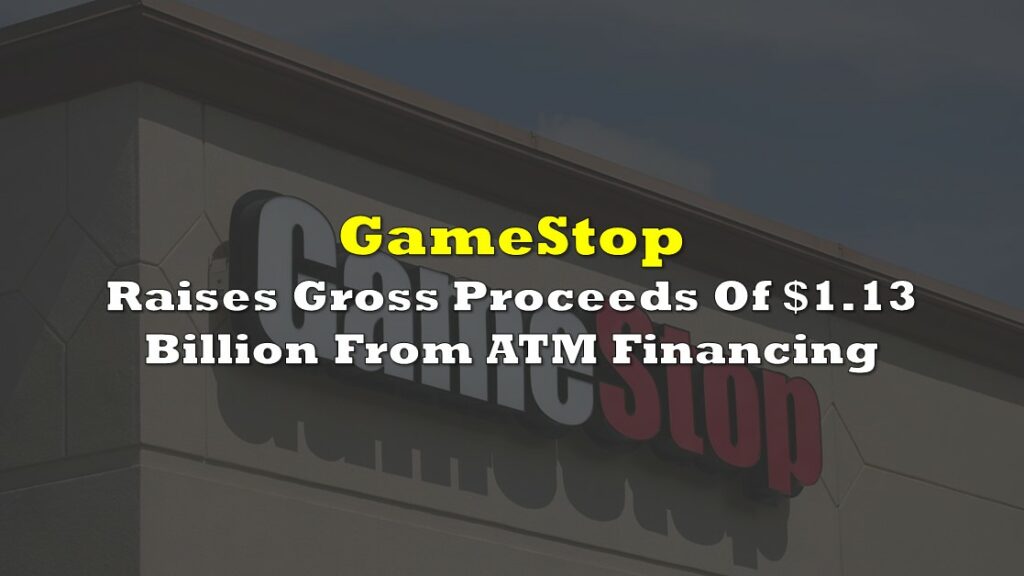The much-awaited SEC report on the Reddit-fuelled GameStop trading mania has finally been released, refuting mainstream theories about a short squeeze, and instead shining a spotlight on controversial payment-for-order-flow practices and the gamification of the stock market.
On Monday, the SEC released its 44-page omnibus report addressing some of the widely circulated conspiracy theories surrounding the GameStop fiasco in January, which sent the video game retailer’s stock soaring to astronomical highs, and extensive losses for short-selling hedge funds. Although the SEC failed to issue specific recommendations on how to prevent such a scenario from happening again, the agency did take aim at the activities that cause short-selling, brokers to restrict customer trading, payment-for-order-flow, and gamification of retail trading.
One of the main claims surrounding the GameStop frenzy was that an army of retail investors amassed via Reddit forum WallStreetBets embarked on a short squeeze against hedge funds that were betting on the stock’s demise. The market began to flood with purchase orders, which in turn forced the hedge funds in question to also buy GameStop shares to cover their shorts, sending the video game retailer soaring even higher.
However, the SEC debunked that claim, clarifying that hedge funds purchasing GameStop shares to cover their shorts only comprised “a small fraction of overall buy volume,” and that the company’s stock still remained elevated even once the hedge funds ceased buying. “The underlying motivation of such buy volume cannot be determined,” the SEC explained. “Whether driven by a desire to squeeze short sellers and thus to profit from the resultant rise in price, or by belief in the fundamentals of GameStop, it was positive sentiment, not the buying-to-cover, that sustained the weeks-long price appreciation of GameStop stock.”
Still, the losses that hedge funds faced due to bullish investor sentiment was significant. In January, Melvin Capital— which held a substantial short position against GameStop— was forced to receive $2 billion in cash from hedge fund Citadel, and approximately another $750 million from Point72 Capital Management, which is ran by Steve Cohen.
Despite the massive cash infusions, the hedge funds emerged relatively unscathed, the SEC said. “Staff believes that hedge funds broadly were not significantly affected by investments in GME and other meme stocks,” read the report, adding that, “Staff did not observe that any advisers to private funds and registered funds experienced liquidity issues or difficulties with counterparties.”
In the report, the SEC also took aim at Robinhood halting trades, and whether or not hedge funds influenced the move. The agency suggested that the situation requires more study, specifically to determine what factors exactly, prompt brokers to restrict trading. The agency also took issue with payment for order flow, and wether or not the controversial practice incentivizes online brokers to create gamification features in order to entice retail traders to engage in trading.
The SEC also suggested it may further explore the implications that market makers such as Citadel pose on financial markets, and the subsequent trade execution on behalf of customers. As a result, SEC Chair Gary Gensler said the agency may even issue recommendations targeting the practice of payment for order flow come April.
Information for this briefing was found via the SEC. The author has no securities or affiliations related to this organization. Not a recommendation to buy or sell. Always do additional research and consult a professional before purchasing a security. The author holds no licenses.









